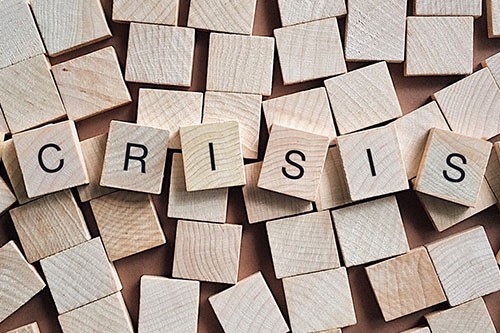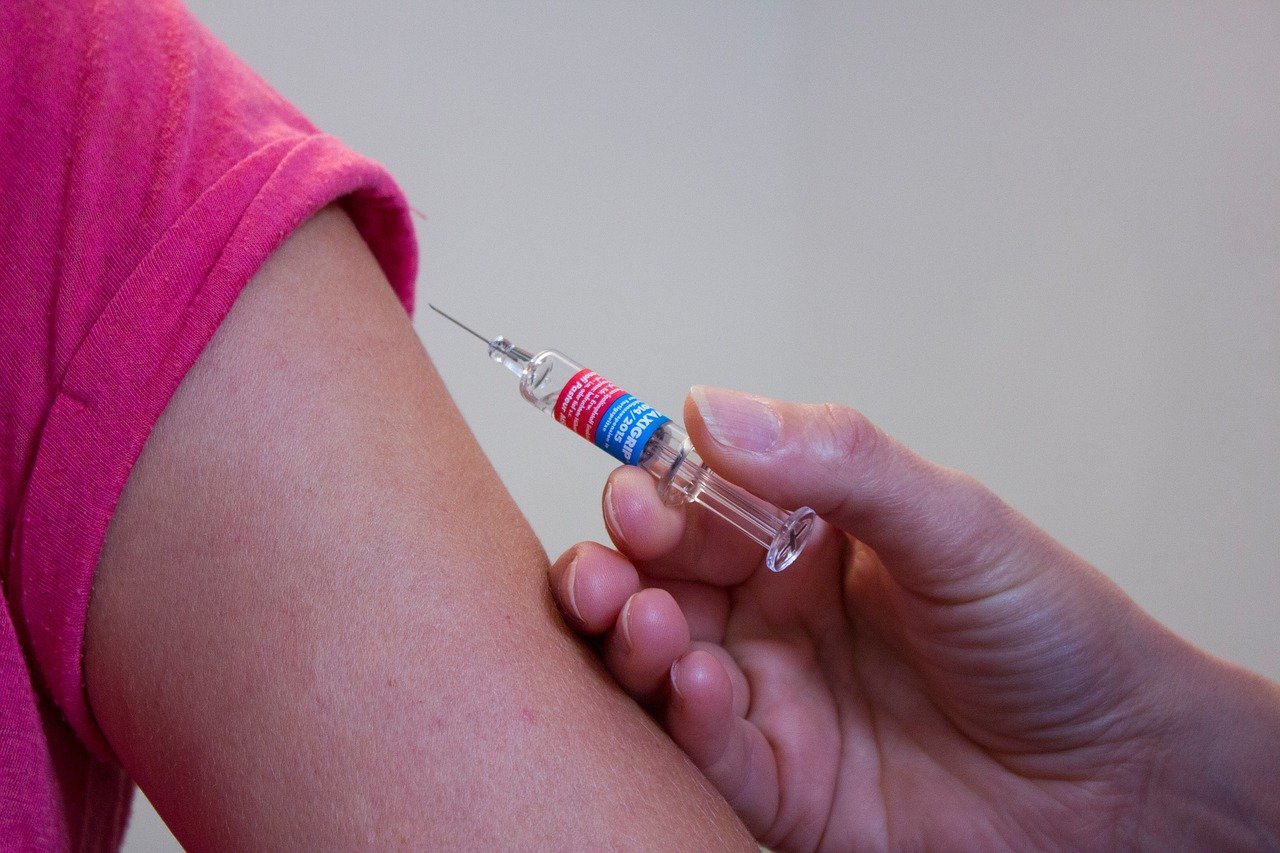Protect people health, be a trustworthy source of information, support those who are fighting the emergency: the watchword is responsibility.
In a scenario where trust towards governments, politicians, media and even NGOs is declining, corporate reputation depends on the ability to speak up for socially relevant issues (corporate activism), and also quickly and effectively react to crisis occurrences like the health emergency we are facing.
Companies activate their crisis management plans for Covid-19 pandemic. As Lisa M. Koonin wrote in an article published on Journal of Business Continuity & Emergency Planning, these plans should specifically address three main goals: protect employees and staff, ensure business continuity, support customers and impacted communities.
Crisis communication is definetely part of the crisis response. Based on acknowledged best practices, crisis communication should orchestrate interactions with internal and external stakeholders, sharing timely information but also reassuring and motivating people. That’s a hot topic with Covid-19, as many organisations were forced all of a sudden to introduce remote working, or lock down some facilities, or implement extra security measures for on site staff, with a relevant individual impact even on psychological and ethical sides. Generally speaking, crisis communication should help crafting a meaningful story and support the crisis response.
But what do employees expect from their companies? Some insights come from Edelman’s Trust Barometer Covid-19 special edition, confirming employers as authoritative source of knowledge about the pandemic. While 70% of interviewees constantly follow media outlets and news, 63% would like to receive daily updates from the employer.
Scientists and experts are highly appreciated (a lot more than politicians), but 54% looks at ‘my CEO’, who is called not only to manage the actual situation, but also to shape a new vision for the future.
The survey points out that the employer is often considered as better prepared than the governement in the crisis response, thus expectations are really high when asked about actions to be taken. About 80% wants the organisation to promply adapt processes and structures to protect people health, launch strict security protocols, and facilitate remote working wherever possible. 73% wants the employer to safeguard jobs and take care of sick or quarantined staff. Companies are also urged to contribute to Covid-19 response through donations, or by supporting authorities with know-how, capabilities and tools.
In light of Covid-19 pandemic, crisis communication is thus called to responsibly answer three key questions: a) how the company is protecting people health, at the same time granting business continuity; b) how it is sharing verified and trustworthy information with internal and external stakeholders; c) how it is supporting those who are fighting the emergency.




